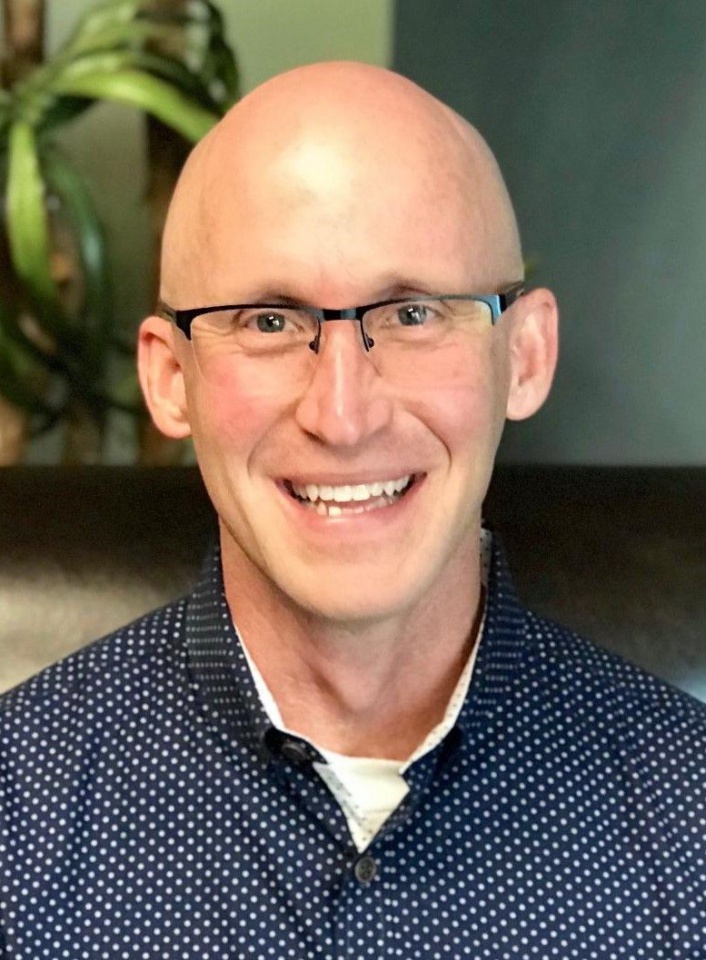Excerpt from He's a Porn Addict...Now What? (Overbay & Shea): My First Question: How Do I Know If He's Actually an Addict?
My
First Questions
How do I know if he’s
actually an addict?
Tony, the mental health
professional
When a client comes into my office
to talk about her partner who she thinks is an addict, she’ll usually begin to
list all the reasons she’s sure he’s addicted to pornography. Then she’ll ask
me the question, “How do I really know?”
At this point, I recognize she’s
doubting herself and questioning her intuition. This usually happens for
one of two reasons: either she thinks she’s not qualified to make that
diagnosis or, most commonly, she doesn’t want it to be true. I’ll hear the
client’s entire monologue about her partner’s behavior, a behavior that led her
to my office in the first place, only to hear her say, “But I’m probably
wrong.”
What she’s really thinking is
‘Please tell me I’m wrong.’ Chances are, she’s not wrong, but there is help,
and there is hope.
There are countless definitions of
addiction, each with its own little nuances, but for the work I do, I like the
definition proposed by the American Society of Addiction Medicine (ASAM.org).
It states
“Addiction is characterized by
·
inability to consistently abstain
·
impairment in behavioral control,
·
craving,
·
diminished recognition of significant problems with one’s behaviors and
interpersonal relationships, and
·
a dysfunctional emotional response.
Like other chronic diseases, addiction often involves cycles of relapse
and remission.
Without treatment or engagement in recovery activities, addiction is
progressive and can result in disability or premature death.”
But to me, the exact defining of
the word addiction is largely a matter of semantics. If it’s affecting
your relationship negatively and you suspect it’s an issue that needs to be
dealt with, the labeling of “addiction” or “not addiction” becomes irrelevant.
If it’s negatively affecting your marriage, relationship, or family, it needs
to be treated, whatever you want to call it.
I have couples come into my office,
and one is adamant that I label the other an addict while the “addict” may be
adamant that he (or she) need not be labeled. We can spend the entire session
worrying about labels and trying to define addiction, but that’s just wasting
crucial time that could be spent on repairing their relationship and overcoming
the negative behaviors that brought them here to begin with.
This need to label or not label
comes up in other areas of my practice as well. In my dealing with clients who
may or may not be on the autism spectrum, some come into my office and talk
about not being good with social cues, having blind spots, and the like. Finding
out they are on the autism spectrum, being labeled autistic is a relief to them
because it’s finally an answer to explain their behavior. Others walk through
the door and clearly exhibit classic signs of autistic behavior, yet repeatedly
express that they do not want to be tested or evaluated for fear of being
labeled because they’re afraid people will treat them differently.
The labeling issue is a universal
concern. The label doesn’t change who they (you) are, it doesn’t change the
behaviors exhibited, and it doesn’t change what needs to happen next on the
path to dealing with the behavior. If your behavior is causing problems in your
relationships, whether or not you are clinically identified or labeled as an
addict, you need to seek professional help.
Josh, the former
pornography addict
The easy answer is that you don’t.
You’ve seen the behavior and that should be enough; it does not matter what the
label is.
I’ve been labeled all kinds of
things in my life: porn addict, bipolar disorder sufferer, alcoholic, PTSD
carrier, narcissistic, depressed, detached, non-empathetic and at some point,
they just all started blending together because there are no blood tests for
any of them. They are just labels used for diagnostics.
Look at your partner. Let’s say
he’s not an addict. He’s still the same person he was five seconds ago. Now,
let’s say he is an addict. He’s the same guy.
There are the typical symptoms you
get in all addiction. I’m guessing you’re witnessing them in person, but my
bigger question to you becomes, “What now changes?”
I’d been told I was an alcoholic
for years by many people, and I knew that I was not far from whatever my
abstract idea of someone who deals with alcoholism was at the time. I just
didn’t think I was that far along. I had no idea pornography addiction was a
real thing until after I entered recovery.
Was I an alcoholic despite the
fact I denied it? Yes.
Was I a porn addict despite the
fact I didn’t know it? Yes.
Things only changed when I made
the decision that it was time for them to change. Yes, there were many factors
at work, as I’m sure there is your life, and I was certainly coerced and shoved
into recovery. Looking back, though, I can only thank the people who gave me
little choice but to seek help.
You may have a man that wants
help, recognizes he needs things to change, and embraces recovery with both
arms. You may also have someone in denial, who is either putting up a front in
the face of the facts or who genuinely believes nothing is wrong with them.
Does it matter if this person is an “addict” according to whatever medical text
is in front of you? For the professionals, who have legal, ethical, and
diagnostic criteria to follow it does, but for you, it really shouldn’t. You
know what you’re dealing with, regardless of what the insurance company wants
to call it.
If the word addict scares
you, call it a bad habit. Or a compulsion. Or a negative hobby. It really
doesn’t matter. The biggest question is what you’re going to do about it.

and Joshua

and their BOOK.




Comments
Post a Comment